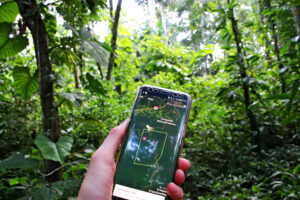
Addressing Harmful Information Online
Disinformation, online gender-based violence (GBV), and hate speech greatly impact online civic space and democratic processes. Governments should take steps to promote healthy and safe information ecosystems online while also protecting the exercise of online civic freedoms.



